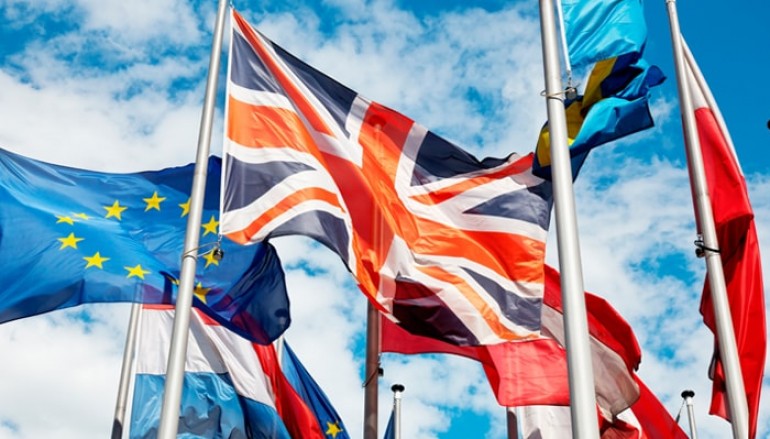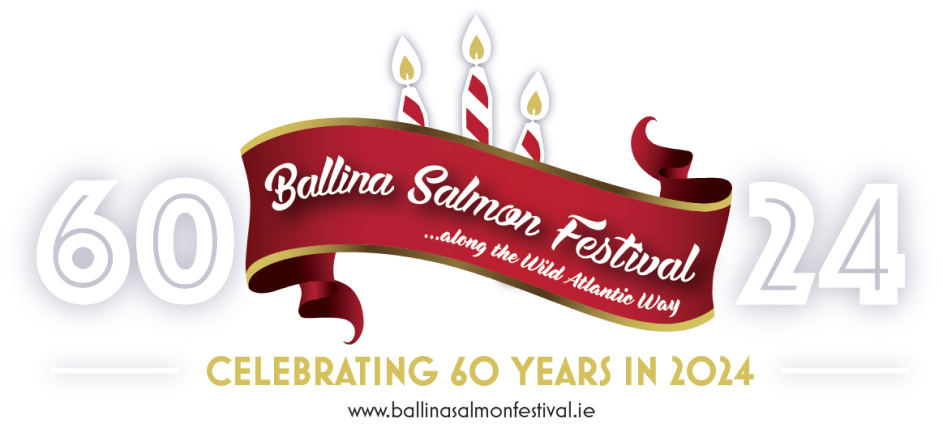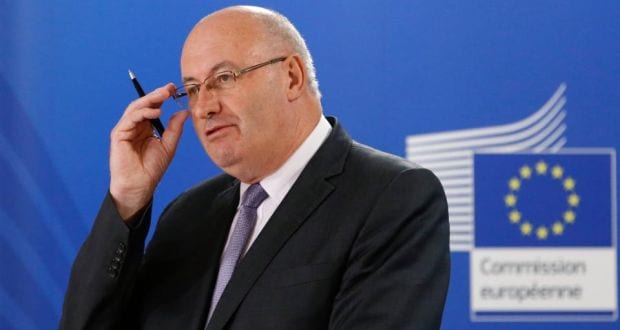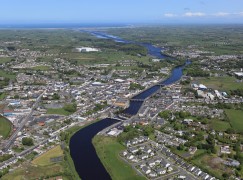

European Commission White Paper on the Future of Europe
European Commission President Jean-Claude Juncker last week presented a White Paper on the Future of Europe to the European Parliament. Click on White Paper to view this document – European White Paper Document
Statement by Phil Hogan, EU Commissioner for Agriculture and Rural Development on the European Commission White Paper on the Future of Europe – 1 March 2017
Today, the European Commission has presented a White Paper on the Future of Europe. I warmly welcome and fully endorse this initiative, which is particularly timely given the coincidence of timing of the decision of the UK to leave the EU and the forthcoming 60th anniversary of the foundation of the EU.
The presentation by the European Commission of a White Paper is a practical step in shaping a vision for the future of an EU of 27 MS, without the UK. The options presented by the Commission represent five possible avenues aimed at building unity among the remaining 27 Member States.
Given the obvious concerns in Ireland arising from the departure of the UK from the EU, both in the short-term and the long-term, the debate on the future direction of the EU is an important one in an Irish context. The short-term issues will be addressed in the forthcoming Brexit negotiations while the long-term issues are inextricably related to the future of the EU, to which Ireland remains firmly committed.
The European Union is not just its Brussels-based institutions – it is so much more. The Member States, reflecting their citizens’ views, have a critical role to play in shaping the future of the Union for their citizens. The Commission’s initiative kicks off a debate which we hope will be taken forward at the forthcoming Rome summit and will involve citizens and national parliaments. That involvement is essential to give this process the legitimacy and credibility without which it will be undermined.
The Commission has presented five potential and positive scenarios, which are neither mutually exclusive nor exhaustive. The Commission is quite deliberately facilitating a debate and not in any way trying to be prescriptive about the future. That is the role of the Member States, who must shoulder their responsibilities. Assuming that they can reach a consensus, I hope that the European Parliament elections of 2019 can act as something of a referendum on that consensus.
As the EU has grown from its original six founding Member States to the 28 of today, it has grown into something that even the most ardent of its founding fathers could hardly have envisaged. But as it has evolved, it has perhaps lost some of its connection to the citizens it was designed to serve.
This initiative recognises that this is a moment to reflect on the successes of the past 60 years and to look forward to the future, mindful of the challenges that face us in our daily lives, whether that is globalisation, migration, terrorism and populism.
I want to encourage maximum participation in this important debate, which has the potential to impact on every Irish citizen. The European Commission, together with the European Parliament and Member States, will host a series of ‘Future of Europe Debates’ across Europe’s cities and regions. I want to see as many of these debates as possible in Ireland and I want to see as many people as possible participating.
If we are to achieve the objective of forging unity among the 27 Member States, we need a European Union that reflects and responds to its citizens.
British Chambers of Commerce – Business Brexit Priorities
British Chambers of Commerce has published feedback from 16 Chamber business communities on the challenges and opportunities posed by Brexit to British business. The document is available online here.









